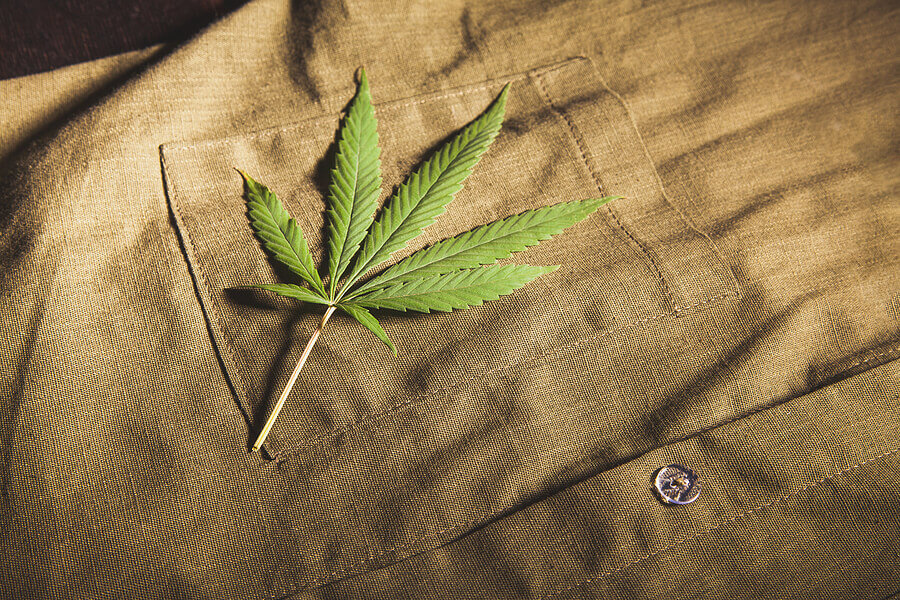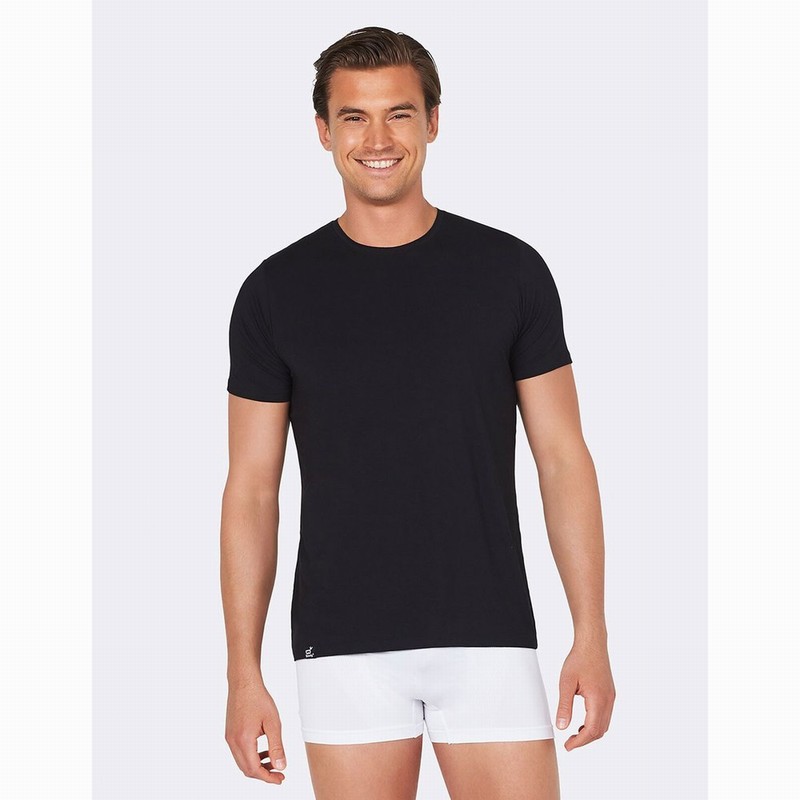Handy Suggestions To Picking Bamboo Clothes
Wiki Article
What Makes Hemp Sturdy And Durable? Is It Also More Regenerable?
Hemp's inherent properties in addition to its cultivation methods, make it more biodegradable and long-lasting than cotton. Here's why- Biodegradability-
Natural Fiber - Hemp is made of a natural plant fibre, that is biodegradable. Clothing and textiles made from hemp break down over time. The waste is returned to the earth without any permanent consequences. This is in contrast to synthetic fibers, like polyester which can require many years to decay.
Hemp fabrics are typically not contaminated with synthetic additives or treatments that block biodegradability. Contrary to cotton textiles that may have chemical compounds made from synthetic materials (such as dyes or finishers) that can inhibit biodegradation, hemp fabrics don't.
Durability-
Fiber Strength- Hemp fibers are known for their strength and durability. Hemp clothing and textiles are less susceptible to wear and tear, making them longer-lasting when compared to other cotton products. Hemp clothes are tough and can be washed many times before they show indications of wear.
Hemp fabrics are less prone to pilling which is the formation of tiny fuzzy balls that form on the surface of the fabric. This is a major factor in the durability and quality of hemp fabrics.
Regenerative Agriculture-
Soil Health Hemp cultivation is regenerative when it is done in a sustainable manner. Hemp has an extensive root structure that can prevent compaction and soil erosion. It also can improve soil health, by increasing the aeration and microbes' activity. This regenerative element will help keep the soil in better shape for the future growth of crops.
Low environmental impact- Sustainable hemp cultivation techniques require the use of minimal pesticides. A cotton farming practice that uses synthetic chemicals can cause erosion of soils and degrade the quality of water.
Water Efficiency-
Hemp typically requires less cotton to grow. Due to its drought-resistant properties, it can be grown with little or no irrigation. It's an efficient use of water particularly for areas that have limited resources.
Hemp is a good crop to be included in rotational systems. This can help improve the soil's health as well as decrease the likelihood of disease development and soil loss. The practice of crop rotation in the cotton industry isn't as widespread.
The versatility of hemp allows it to be utilized in a variety of applications including textiles, clothing paper, and other building materials. The versatility of hemp implies that it is able to support a variety of industries that employ sustainable practices that are regenerative and sustainable.
Apart from the benefits of hemp, it's also important for you to be aware that both hemp as well as cotton are produced sustainable (or not) depending on the techniques used in farming and methods of processing. Choosing hemp products produced with eco friendly and ethical practices can maximize its environmental advantages. Also, using organic cotton products can reduce some of the environmental concerns related to conventional cotton production. View the best this site about hemp clothes for website advice including hemp clothing womens, hemp apparel fabric, nomad hemp clothing, hemp sweatshirt, hemp apparel fabric, hemp golf shirts, patagonia hemp vest, hemp pants mens, hemp shirts wholesale, hemp pants and more.

What Makes Hemp Clothing Functionally And Technicalily Better Than Traditional Fibres?
Hemp clothing has several advantages with regard to functionality and design over conventional fabrics, as well being more sustainable. Hemp clothing has numerous advantages which make it an ideal environmentally friendly and high-performance option.
Hemp fibers draw moisture away from your body, keeping you dry and cool in hot weather. They can help you stay dry and cool, as well as stop the growth of bacterial.
Temperature Regulation
Hemp clothing is extremely thermoregulating properties. It helps keep your body warm by storing warmth close to your body and assist you in staying cool in hot weather. The natural regulation of temperature reduces the necessity to regularly change clothes.
Durability and Longevity
Hemp fibers have earned a reputation as being tough. Hemp clothing is more durable and resistant to wear and tear than some traditional fibers like cotton. It means that hemp clothing are more durable and last for longer. They also can reduce the frequency at which you need to replace them, which can have negative effects on the environment.
UV Protection
Hemp fibers provide natural UV protection by shielding skin from harmful UV radiation. This can be particularly useful for outdoor activities.
Biodegradability:
Hemp clothing biodegrades with time, so it breaks down when it is disposed of. This property reduces the environmental impact of textile waste, because synthetic fibers are not suitable for landfills to remain.
Low Environmental Impact
Hemp cultivation typically requires fewer synthetic herbicides and pesticides as compared to conventional cotton. The hemp plant requires less water, making it more sustainable for the environmental. This green aspect is further amplified by organic farming.
Carbon Sequestration
Hemp is a great plant to remove CO2 from the atmosphere. The cultivation of hemp works as a carbon sink and aids in reducing the level of greenhouse gases.
Sustainable Crop Rotation and Sustainability-
Hemp can be integrated into crop rotations to enhance soil health, reduce the risk of disease and soil loss. The environmental benefits of hemp are enhanced through this sustainable farming technique.
Versatility:
Mixing hemp fibers and other natural materials like organic cotton and recycled polyester is a way to create high-performance, eco-friendly fabric blends. This flexibility allows the creation of new and sustainable textiles.
Low Toxicity
Hemp fibers have a low toxicity and don't require extensive chemical processing to create. This helps reduce the negative impact of manufacturing textiles on the environmental.
The overall durability of clothing is determined by many factors, including dyeing, transportation, and ethical labor practices. In order to make environmentally-conscious choices, customers can search for clothing brands who prioritize sustainability, transparency ethical manufacturing practices, and hemp, or other sustainable fibers. Follow the top my explanation about hemp clothes for site advice including patagonia hemp overalls, hemp fabric by the yard, hemp jacket, wholesale hemp fabric, hemp golf shirts, organic hemp fabric, hemp apparel, patagonia iron forge pants, jungmaven sweatshirt, patagonia island hemp pants and more.

What is the difference in hemp and bamboo fibers?
Bamboo and hemp are two different plant-based fibers that are used in textile manufacturing, each with its unique characteristic and characteristics. These are the main differences between bamboo and hemp fibers. Plant Source-
Hemp Fibers Hemp fibers are made from hemp stalks, more specifically, the bast that is outside. Hemp is a versatile and quick-growing plant that has been used for a variety of uses over the centuries.
Bamboo- Bamboo fibres are produced from the pulp of bamboo plants. Bamboo is a fast-growing species of grass that is known for its the speed of renewal and longevity.
2. Fiber Characteristics
Hemp Fibers Hemp fibers are known for their durability and strength. They are a natural fiber that become softer and softer after washing, which makes them ideal for making durable textiles.
Bamboo- Bamboo fibers are extremely soft and smooth. They also have a silky feel. They're not as sturdy like hemp fibers and may be more delicate, however they are prized for their suppleness against skin.
3. Texture and Feeling-
Hemp- Hemp fabric has the appearance of a coarse and rough texture, especially when it is in its natural form. It's soft, but the texture is different than bamboo.
Bamboo is silky smooth and soft. It's described as having a soft silky, and cottony texture. It is extremely comfy.
4. Breathability (and moisture-wicking)-
Hemp- Hemp fibres are naturally water-wicking, breathable and allow air circulation. They absorb moisture and enable air circulation. They help you stay cool and dry even in the hottest temperatures.
Bamboo bamboo fibers are highly breathable and moisture-wicking. They are equipped with micro-gaps, which increase their ability in regulating the temperature and moisture.
5. Environmental Impact-
Hemp- Hemp fiber is an environmentally friendly product due to its water-resistance rapid growth, and resistance to pests. This means that it is less need for pesticides and herbicides. Hemp is also able to sequester carbon from the atmosphere during its growth.
Bamboo- Bamboo's sustainability is widely known. It grows quickly, needs less water and is easy to grow without pesticides that are synthetic. Some bamboo varieties are considered extremely sustainable, like Moso bamboo.
6. Processing-
Hemp- Hemp fibres need intensive processing to separate out the outer bast fibers and the inner woody core. Processing can include retting and decortication as well as mechanical separation.
Bamboo- Bamboo fibres are typically obtained through an enzymatic process known as the viscose or rayon process. Bamboo pulp is broken down using chemicals. This process can be harmful to the environment if not managed in a responsible manner. However, some bamboo textiles employ closed-loop systems that minimize the waste of chemicals.
7. Versatility-
Hemp Fibers Hemp fibers can be used for a range of uses, including clothing, textiles papers, and construction materials.
Bamboo Fibers- Bamboo fibres are utilized mostly in textiles and clothing however, they can be found in other items such as towels and bedding.
Both bamboo and hemp possess unique properties and offer sustainability benefits. Your decision will depend on your preference for the environment, and also what you want in terms of specific properties and qualities. Check out the recommended bamboo clothing for site tips including kyte pajama, bamboo apparel, shakuhachi clothes, childrens bamboo socks, dixxon bamboo shirt, clothes made from bamboo fiber, womens bamboo t shirts, bamboo yoga wear, bamboo infant clothing, men bamboo boxer shorts and more.
